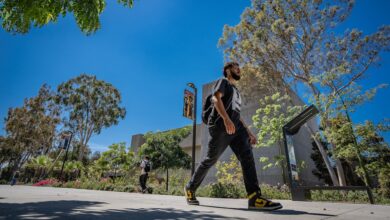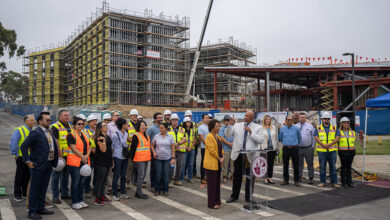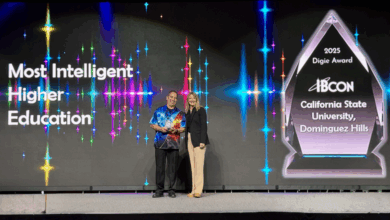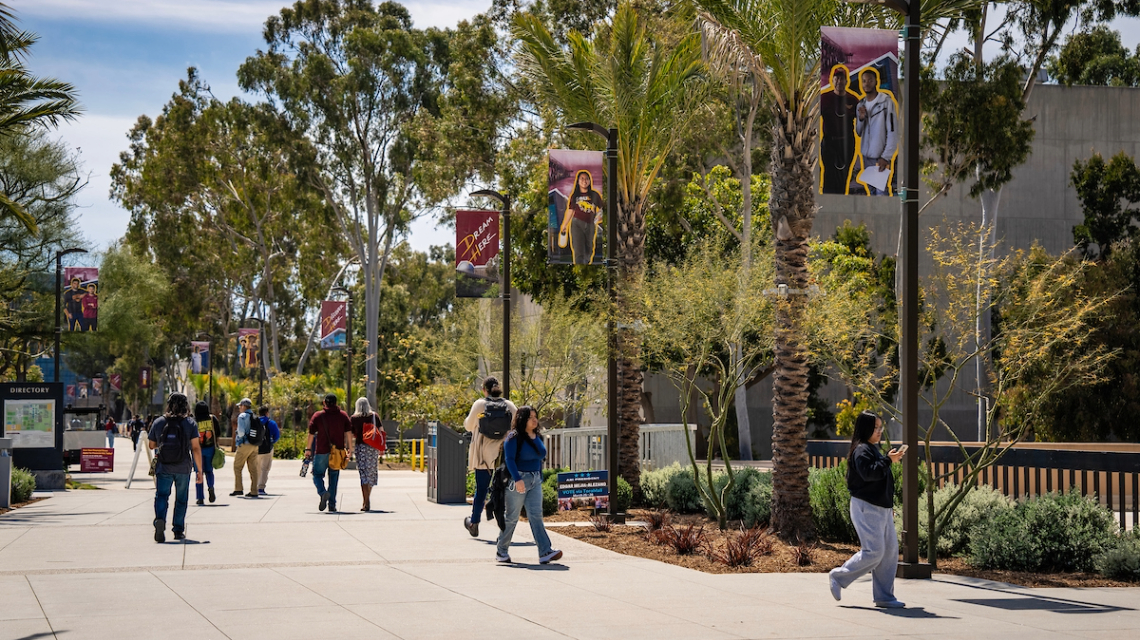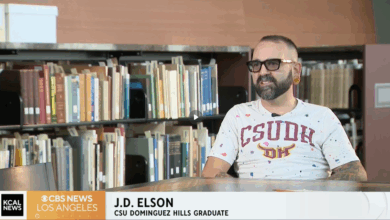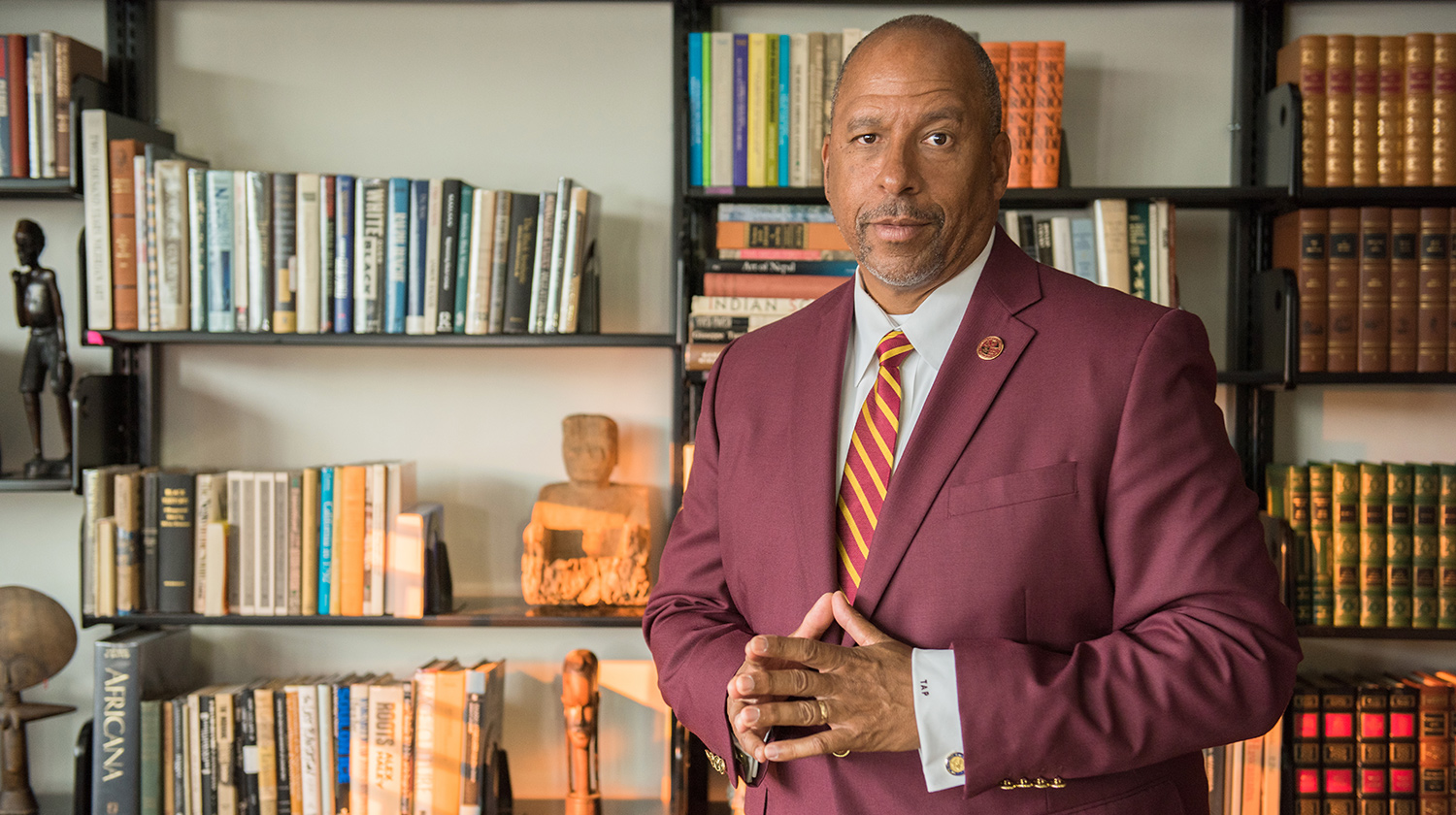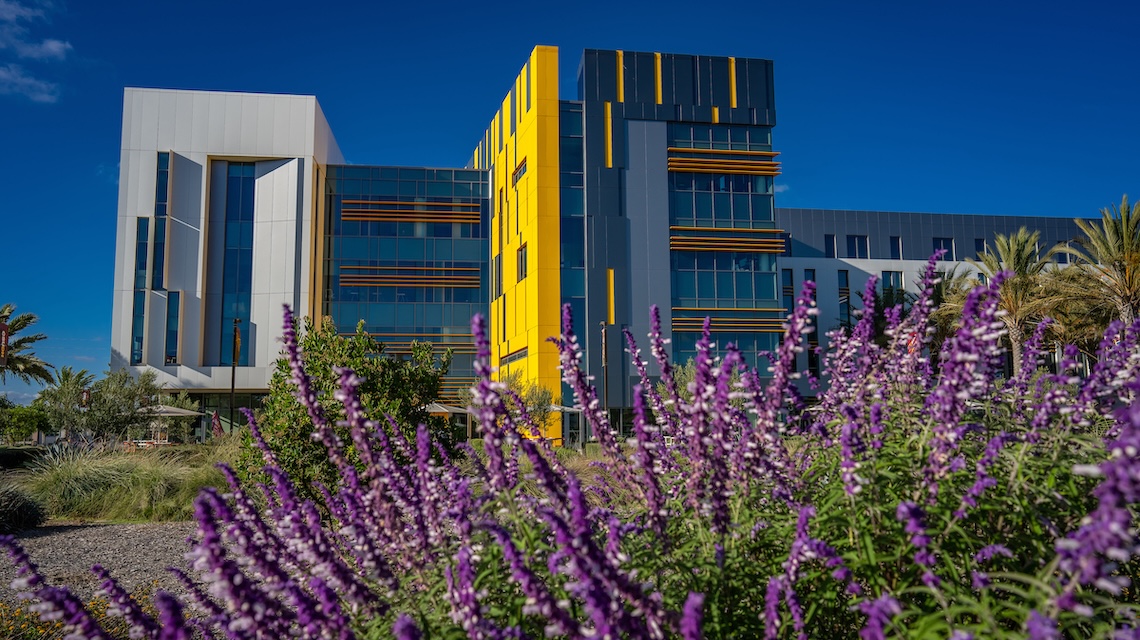
Source: Op-Ed by Ellie Perry for Random Lengths News
The City of Carson has historically been defined by its deep roots in fossil fuel production. For decades, oil companies played a major role in shaping the city’s economy and physical landscape, with its refineries adjacent to the San Diego Freeway becoming familiar sights for many visitors and residents alike.
But as the climate crisis intensifies, Carson is rewriting its legacy after nearly 90 years—transforming from a city once heavily reliant on oil to one that’s embracing sustainability, clean energy, and climate resilience.
Today, Carson stands at the forefront of climate action, with bold efforts driven by public sector leadership. Approved in 2017, the City of Carson’s Climate Action Plan outlines a comprehensive strategy to reduce greenhouse gas emissions, improve air quality, and prepare the community for the impacts of climate change. This plan reflects a commitment to environmental justice, recognizing the need to protect historically underserved neighborhoods that have borne the brunt of industrial pollution.
Leading this charge is Mayor Lula Davis-Holmes, whose vision for a greener Carson has materialized through her innovative Clean Energy Hub initiative. This effort not only signals a desire to cultivate strategic investments in clean technology and workforce development but also reaffirms the city’s commitment to becoming a regional leader in the energy transition. The initiative leverages public-private partnerships to enhance solar, energy storage, and increased accessibility to clean energy opportunities for residents throughout the city.
Working as a counterpart for this transformation is California State University, Dominguez Hills (CSUDH), a vital partner in advancing research, education, and applied innovation. The university has become a national leader in devising and implementing clean energy solutions on campus, with 965 kW of rooftop solar, heat pumps, and committed funding to install 200 EV Chargers. Notably, the heat pump project- one of the largest on the West Coast- has reduced natural gas use for campus heating by 95%. These efforts are reinforced by 4 MWh Tesla Megapacks, a state-of-the-art battery energy storage system that enhances grid stability and supports renewable energy integration. As a result of these initiatives, CSUDH has achieved a 70% reduction in total behind-the-meter greenhouse gas emissions since 2018.
CSUDH’s commitment goes beyond infrastructure—faculty, students, and staff are engaged in programs that explore climate science, clean technology, and environmental equity. From student-led sustainability initiatives to academic research that supports community resilience, CSUDH is playing a vital role in equipping the next generation of climate leaders.
Still, solving the climate crisis requires more than public and academic leadership—it demands cross-sectoral collaboration that brings together government, universities, and private enterprise. One shining example of this is Ormat Technologies, a clean energy company that has partnered with Carson and CSUDH to help make this shared vision of a cleaner, more resilient community become reality.
Ormat has been developing, owning, and operating clean energy projects around the world for over six decades. Ormat is bringing its industry-leading experience to Carson via the Griffith Energy Storage project. This 100 megawatt/400megawatt-hour battery energy storage facility is poised to strengthen grid reliability, helping keep the lights on for residents and businesses alike. Like CSUDH, Ormat is proposing to deploy the same Tesla Megapack technology equipped with the latest safety features to ensure Carson’s ambitious clean energy goals are achieved with resident safety top of mind.
But Ormat’s commitment goes beyond business. In partnership with CSUDH, the company has supported community-based environmental efforts, including a tree planting initiative to improve air quality, shade, and provide much-needed green space on campus.
This kind of holistic, community-driven collaboration is exactly what the clean energy transition demands. By leveraging the strengths of each sector, Carson is proving that climate action can be both equitable and effective.
Carson is not just participating in the fight against climate change—it’s leading it. These efforts strike at the core of what it means to advance environmental justice. A shared vision, strong collaboration, and consistent investment of resources are necessary to undo the decades of environmental harm caused by oil production. And this isn’t just a step forward; it’s an act of repair. Carson is continuing its legacy as a center of industry but heading off in a bold new direction.
Ellie Perry is the Sustainability Director for California State University, Dominguez Hills. As the director for both the CSUDH Office of Sustainability as well as the academic Center for Sustainability & the Environment, her activities focus on creating collaborative connections between CSUDH faculty research, staff activity, and campus facilities to address critical environmental needs on and off campus.

